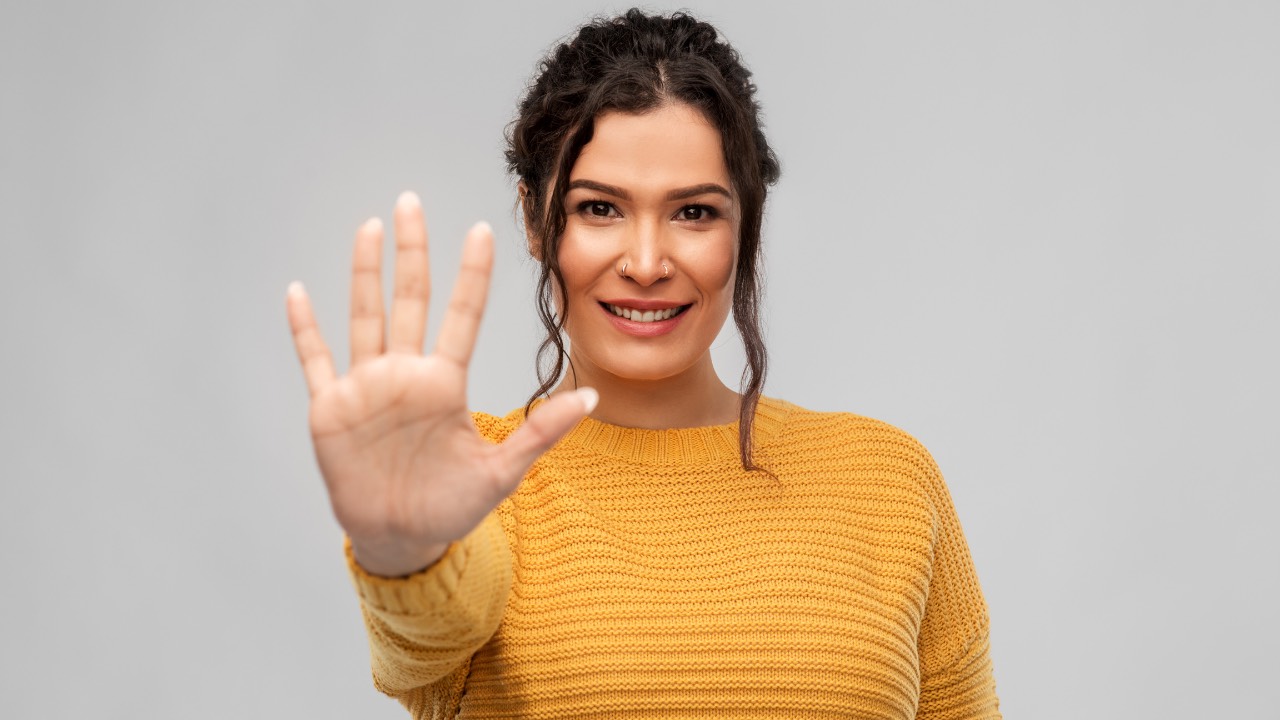What Nobody Tells You About Your First 30 Days Alcohol-Free (The Real Timeline, Not the Instagram Version)
Sep 09, 2025
Every alcohol-free success story you see online makes it look like day one equals instant clarity, boundless energy, and pure euphoria. Meanwhile, you're on day three wondering why you feel worse instead of better, questioning if you're doing something wrong.
Here's what the Instagram posts don't show you: the first 30 days alcohol-free are messy, non-linear, and full of unexpected challenges that have nothing to do with willpower and everything to do with biology. By the end of this post, you'll have a realistic roadmap for your first month alcohol-free, understanding exactly what to expect when, why certain days feel harder than others, and how to navigate each phase like the intelligent, capable woman you are.
Days 1-3: The Physical Adjustment Period
The first 72 hours aren't about feeling amazing—they're about your body recalibrating after years of daily alcohol input. You might experience headaches, disrupted sleep, mood swings, or even flu-like symptoms. This isn't your body "detoxing dramatically"; it's your nervous system adjusting to operating without its daily depressant.
Your brain chemistry is literally rewiring itself. For years, alcohol provided artificial GABA (your calming neurotransmitter), and now your brain has to remember how to produce adequate amounts naturally. This process takes time, which is why you might feel more anxious, irritable, or emotionally raw during the first few days. You're not failing at being alcohol-free—you're succeeding at letting your brain heal.
The most important thing to understand is that feeling worse initially doesn't mean you're making the wrong choice. It means you're making a significant biological change, and your body needs time to adapt. Treat yourself with the same compassion you'd give a friend recovering from surgery. Rest more, hydrate obsessively, and remember that every uncomfortable moment is your body working toward balance.
Days 4-7: The Habit Disruption Phase
This is when the psychological aspects of alcohol removal become more apparent than the physical ones. You'll face your first weekend without wine, your first dinner party, your first stressful day at work without your usual 5 PM ritual. The absence of your go-to coping mechanism becomes glaringly obvious.
You might feel genuinely confused about what to do with your hands at wine o'clock, experience a sense of loss that feels disproportionate to giving up a beverage, or catch yourself automatically reaching for a glass during usual triggers. These "phantom wine moments" aren't signs of addiction; they're signs of habit disruption. Your brain is looking for familiar patterns and feeling temporarily disoriented when they're not available.
This is also when you might experience what I call "time expansion"—evenings feel longer, weekends stretch endlessly, and you're suddenly aware of how much time you have that used to be spent drinking or recovering from drinking. This can feel overwhelming initially, but it's actually the beginning of reclaiming hours of your life for activities that truly serve you.
Days 8-14: The Emotional Awakening
Week two often brings the surprise of intense emotions surfacing without your usual numbing mechanism. You might find yourself crying at commercials, feeling overwhelmed by decisions that used to be automatic, or experiencing anxiety about situations that never bothered you before. This isn't emotional instability—it's emotional awakening.
For years, alcohol served as your emotional buffer, softening the edges of difficult feelings and muting both positive and negative emotions. Now you're feeling everything at full volume, and it can be overwhelming until you develop new coping strategies. The intensity is temporary, but the process of learning to feel your feelings again is essential for long-term emotional health and authentic living.
This phase often includes increased sensitivity to everything—loud noises feel louder, bright lights feel harsher, other people's emotions feel more intense. Your nervous system is recalibrating its sensitivity settings after years of artificial dampening. It's like adjusting to bright sunlight after spending time in a dimly lit room—everything feels overwhelming until your system adapts.
Days 15-21: The Social Anxiety Peak
This is typically when the social implications of your alcohol-free choice become most challenging. You might feel anxious about upcoming social events, worry about how to explain your choice to others, or feel like you're missing out on connections that seemed to revolve around drinking.
You may notice that some relationships feel different or more strained when alcohol isn't involved. Conversations that felt deep and meaningful over wine might feel surface-level when sober. This isn't necessarily a bad thing—it's revealing which connections were genuine and which were enhanced by shared intoxication. Some friendships will deepen as you show up more authentically, while others may naturally fade.
The fear of being boring, judged, or left out peaks during this phase. You might rehearse explanations for why you're not drinking or feel self-conscious about ordering sparkling water at restaurants. Remember that most people are far too focused on their own experience to spend much time analyzing your beverage choices. Those who do question your choice are often reflecting their own concerns about their drinking rather than making a judgment about you.
Days 22-30: The Inconsistent Benefits Phase
By week three, the biological adjustment settles enough for you to start experiencing the benefits everyone talks about—but they arrive sporadically, not constantly. You might have one morning of incredible clarity followed by an afternoon of brain fog. One night of deep sleep followed by two nights of restlessness. This inconsistency isn't regression; it's progress.
Your body is learning new rhythms. Your sleep architecture is rebuilding itself. Your emotional regulation system is developing strength after years of artificial support. Some days you'll wake up feeling like a new person, and other days you'll feel exactly like your old self. Both experiences are normal and necessary parts of the healing process.
The key insight for this phase is recognizing that good days aren't flukes and difficult days aren't failures. They're both part of your nervous system finding its natural equilibrium. When you understand this, you can appreciate the good moments without panicking when the challenging ones return. By day 30, the good days start outnumbering the difficult ones, and you begin to trust that this positive trajectory will continue.
What Nobody Mentions: The Identity Shift
Throughout all 30 days, you're not just changing a drinking habit—you're evolving your identity. The woman who reaches for wine to celebrate, commiserate, or cope is being replaced by someone who handles life's ups and downs differently. This identity shift can feel disorienting even when it's positive.
You might find yourself questioning who you are in social situations, how you'll handle future stress, or whether you'll still be fun and interesting without alcohol's social lubricant effects. These questions are normal and actually indicate that you're engaging with the deeper work of personal growth rather than just eliminating a substance.
The beautiful truth is that you're not losing parts of yourself—you're discovering parts of yourself that were always there but perhaps muffled by alcohol's influence. Your sense of humor, your ability to connect with others, your creativity and intelligence—these are inherent to who you are, not dependent on what you drink.
Your first 30 days alcohol-free won't look like the polished transformation stories you see online, and that's perfectly normal. Real change is messy, non-linear, and uniquely yours. The timeline I've outlined isn't universal—your experience might be completely different—but understanding that challenges are temporary and benefits are cumulative can help you navigate whatever comes up.
The most important thing to remember is that every day without alcohol is your body, mind, and spirit moving toward their natural state of balance and clarity. Some days that movement feels dramatic and obvious. Other days it's subtle and hard to detect. Both are valuable progress.
You don't have to navigate this journey based on generic advice or wonder if your experience is "normal." Your alcohol-free path is as unique as you are, and understanding your specific personality, motivations, and challenges can make all the difference in creating a sustainable, joyful alcohol-free life.
Ready to navigate your own first 30 days with structure, support, and realistic expectations? My Mindful Month Kit is designed specifically for women like you who want to explore their relationship with alcohol with compassion, not pressure. Get 28 days of guided journal prompts, sophisticated mocktail recipes, audio meditations for challenging moments, and emergency support cards—all the tools you need to create your own positive alcohol-free experience from day one.
CLICK TO LEARN MORE ABOUT THE MINDFUL MONTH KIT →





